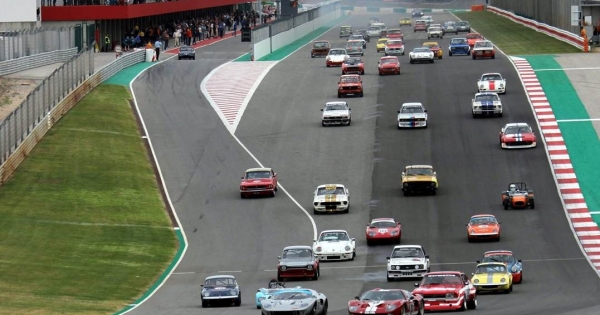Testimonies gathered from various parishes in Lisbon during expeditions with volunteers for the RuídoLX project by Vizinhos em Lisboa reveal a troubling pattern: the decline in residents' quality of life is directly linked to the Lisbon City Council's (CML) inability to enforce basic rules on coexistence between leisure, tourism, and housing.
Situation in Arroios
In Arroios, the problem is stark. Bars and restaurants continue to proliferate in residential buildings, many without proper licenses, operating until the early hours, and lacking soundproofing. Noise complaints are rising, but enforcement has no effect. Adding to this, establishments posing as 'tea houses' actually function as bars and discos, skirting regulations. The result is clear: insomnia for residents, impunity for offenders, and discredit for the municipality.
Bairro Alto: An Extreme Case
Bairro Alto remains an extreme case. Here, noise isn't confined to night; it starts in the afternoon with bar music, karaoke, and promoters using megaphones and musical performances on sidewalks, beginning their activities at Praça Luís de Camões. This is compounded by unsanitary streets used as toilets, abuse of public space for alcohol sales and consumption, and street artists with powerful sound systems projecting into the streets, often without authorization or oversight. Total police ineffectiveness is evident as officers pass by without intervening, while terraces extend activities until 2 AM. In this context, the debate can no longer be about closing times; it's clear that shutting noisy establishments cannot be limited to 2 AM.
Cais do Sodré and Rua de São Paulo
In Cais do Sodré and Rua de São Paulo, bars grow in defiance of urban plans, invading public space and burdening residents not only with continuous noise but also insecurity. Drug trafficking has become routine, vandalism spreads, and police seem absent.
Santa Maria Maior and Mouraria
In Santa Maria Maior, the scene is similar: noisy and unregulated events, restaurants and terraces illegally occupying public space, music speakers on until late, and cruise ships emitting sound as if at sea. The historic center is pressured by tourists, tuk-tuks with music speakers, chaotic traffic, and a lack of effective policing. In Mouraria, the situation worsens with uncontrolled crack consumption and trafficking, creating constant insecurity hotspots.
Urgent Demands for Transparency
Given this scenario, it's urgent to demand that the CML be required to publish all planned noisy events on the Lisboa24 platform for the next 30 days, including estimated decibel levels. Only then can transparency and accountability be ensured.
Conclusion on City Management
What emerges from this portrait is simple: the city is being managed for consumers, not residents. Residents find no response from the CML, see decades of complaints ignored, and witness the worsening of basic problems. The feeling is one of abandonment.
Political Implications
Faced with this, it's inevitable to raise a serious political question: how long will this passivity be accepted? If the City Council lacks the will to act, citizens must harden their stance, whether in public squares or, if necessary, through legal channels. Lisbon cannot be just a stage for parties and tourism. Above all, it's a city where thousands of people have the right to rest, safety, and the dignity of living.















Comments
Join Our Community
Sign up to share your thoughts, engage with others, and become part of our growing community.
No comments yet
Be the first to share your thoughts and start the conversation!